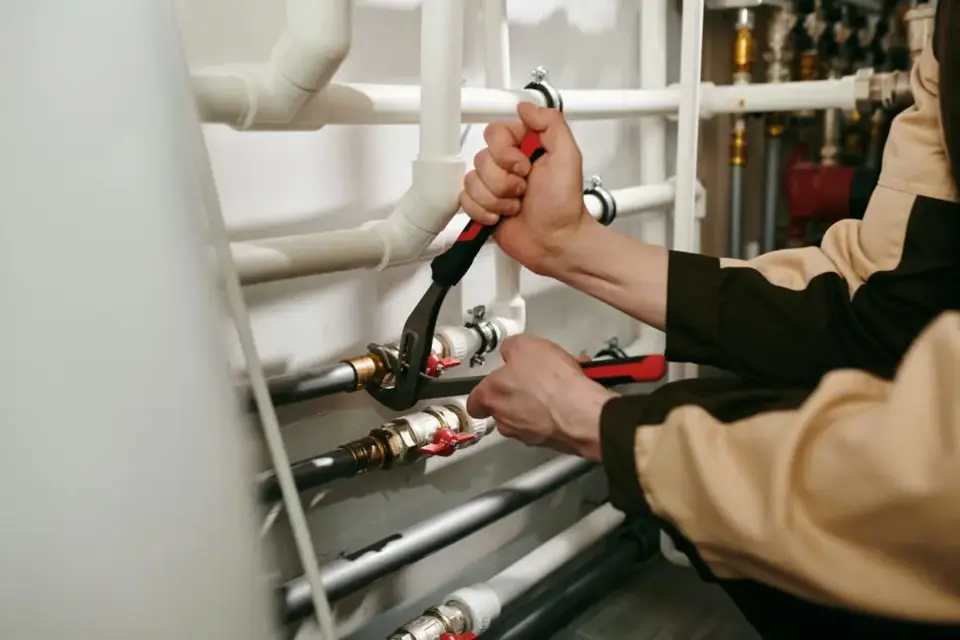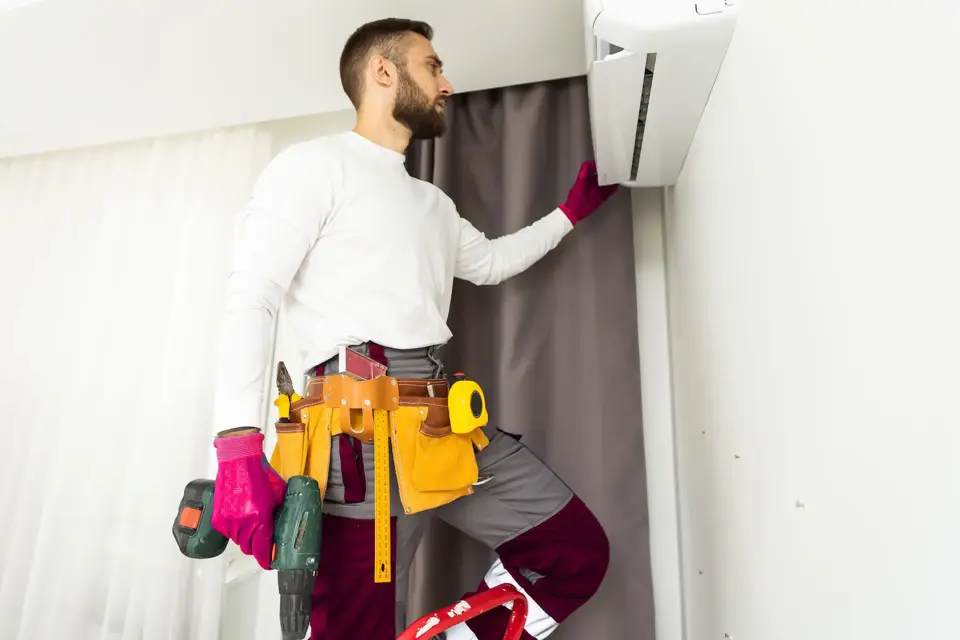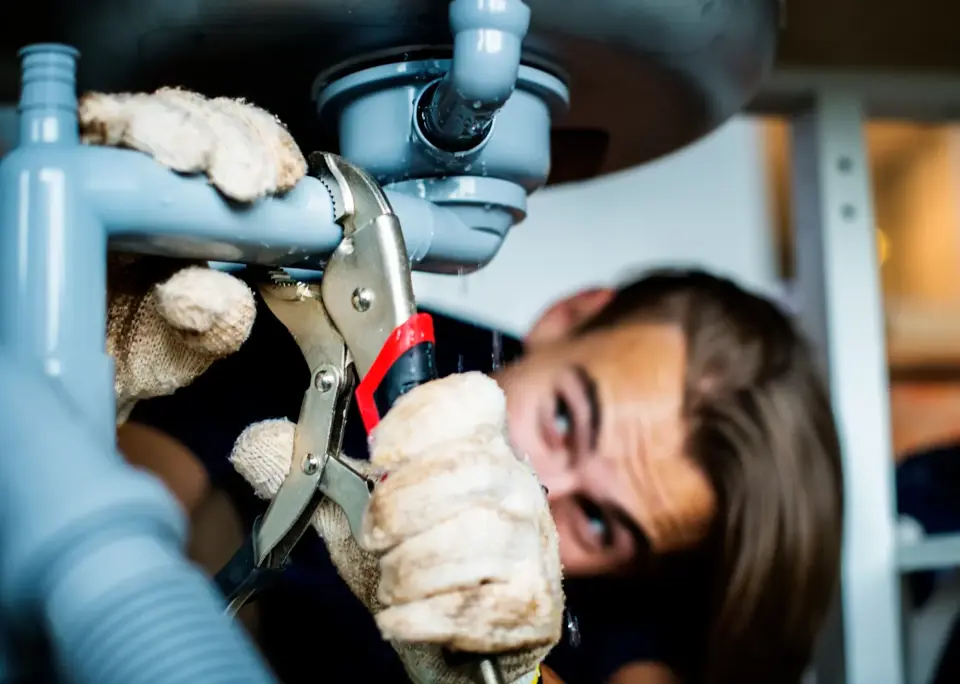Gas lines are a crucial part of many homes, supplying the fuel needed for heating, cooking, and more. While gas is an efficient and reliable energy source, it also comes with risks. Understanding how to maintain and monitor your gas lines can help keep your home safe.
Knowing the basics of gas lines and how they work is the first step in preventing potential hazards. Gas lines run from the main supply to your appliances, and any damage or malfunction can lead to dangerous leaks. It’s essential to be aware of the signs of a gas leak and what actions to take if you suspect one.
Gas leaks can pose serious health risks and even result in explosions. Learning safety precautions and response actions can help you act quickly and effectively. By staying informed and vigilant, you can ensure that your home remains a safe place for you and your loved ones. Let’s dive into some important gas line safety tips every homeowner should know.
Understanding Gas Lines in Your Home
Gas lines bring natural gas from the utility company to your home, supplying fuel for appliances like stoves, water heaters, and furnaces. These lines are usually made of durable materials like steel or copper to handle the pressure of the gas. It’s crucial to know the location of your gas lines, both inside and outside your home. This knowledge can help prevent accidents during home improvement projects or landscaping.
Each gas line in your home has a shut-off valve. Knowing where these valves are and how to operate them is essential in an emergency. Regular inspections by a professional can help identify any potential issues with your gas lines. These inspections can catch small problems before they become big hazards.
Gas lines are often out of sight and out of mind, but they require attention. Signs of wear and tear, like rust or corrosion, should prompt immediate action. Regular maintenance and awareness can prevent gas leaks and ensure your home stays safe. When in doubt, always consult a professional for any concerns about your gas lines.
Recognizing Signs of a Gas Leak
Being able to recognize the signs of a gas leak can be a lifesaver. One of the most common indicators is a distinct rotten egg smell. Utility companies add this odor to natural gas to make it easier to detect leaks. If you notice this odor, it’s essential to act quickly.
Another sign of a gas leak is a hissing sound near a gas line or appliance. This sound means gas is escaping from the line and needs immediate attention. Dead or discolored plants around your outdoor gas lines can also indicate a gas leak. Gas escaping into the soil can poison plants, so keep an eye on your garden for any unusual plant death.
Physical symptoms in people or pets can also be a clue. Headaches, dizziness, or nausea can result from inhaling natural gas. If you experience these symptoms and suspect a gas leak, evacuate your home immediately and get fresh air. Call for help right away and don’t use any electrical devices, as they can ignite the gas.
Recognizing these signs and knowing what to do can protect you and your family from the dangers of gas leaks. Stay alert and trust your senses; they are your first line of defense against gas leaks.
Safety Precautions to Take
Taking safety precautions around gas lines can prevent accidents and keep your home safe. Here are some key steps to follow:
– Install Gas Detectors: Just like smoke detectors, gas detectors can alert you to leaks. Place them near appliances and in your basement.
– Regular Inspections: Schedule regular inspections with a professional to check your gas lines and appliances for any issues.
– Know Your Shut-off Valves: Make sure everyone in the house knows how to turn off the gas. Practice doing this so you can act fast in an emergency.
– Ventilation: Keep areas around gas appliances well-ventilated. This helps disperse any little leaks that might occur.
– Avoid DIY Repairs: Gas lines are complex and dangerous to work on if you’re not trained. Always call a professional for repairs or installations.
– Clear the Area: Keep the area around your gas meter clear of plants, debris, and other obstacles. This makes it easier to identify leaks and for professionals to access the meter.
By following these precautions, you can minimize risks and ensure your gas lines operate safely. Simple steps like these can make a big difference in preventing accidents.
What to Do in Case of a Gas Leak
Knowing what to do in case of a gas leak is crucial for your safety. Here’s a step-by-step guide:
1. Evacuate Immediately: If you smell gas or hear a hissing sound, get everyone out of the house immediately. Don’t stop to grab any belongings.
2. Avoid Using Electronics: Do not turn on lights, use your phone, or operate any electrical devices. These can cause a spark that might ignite the gas.
3. Shut Off the Gas: If you know how and it’s safe to do so, turn off the main gas valve. This can help stop the leak until professionals arrive.
4. Call for Help: Once you’re at a safe distance, call your gas company or emergency services to report the leak. They will send someone to handle the situation.
5. Do Not Re-enter the House: Stay out of your home until the gas company tells you it’s safe to go back inside.
These steps can help keep you and your family safe during a gas leak. Always act quickly and follow these guidelines for the best outcome.
Conclusion
Gas line safety is an important part of maintaining a safe and comfortable home. Understanding your gas lines, recognizing the signs of a gas leak, and knowing what to do in an emergency can help prevent accidents. By taking simple precautions and staying vigilant, you can protect your home and loved ones from the dangers of gas leaks.
Regular gas line repair services are key to ensuring your gas lines remain in good condition. Staying informed and prepared can make all the difference in keeping your home safe. If you have any concerns or need professional assistance, don’t hesitate to reach out.
Remember, safety starts with awareness. Contact Gene Burch Plumbing Heating & Air for expert advice and services to keep your gas lines and home in top shape. Your safety is our priority, and we’re here to help.






